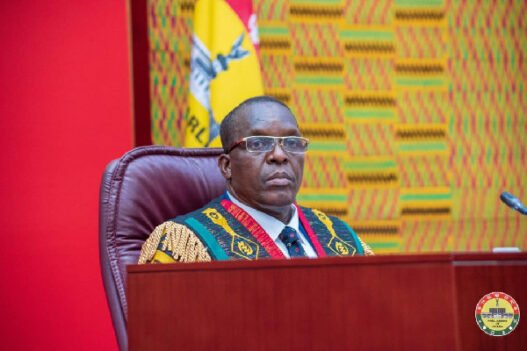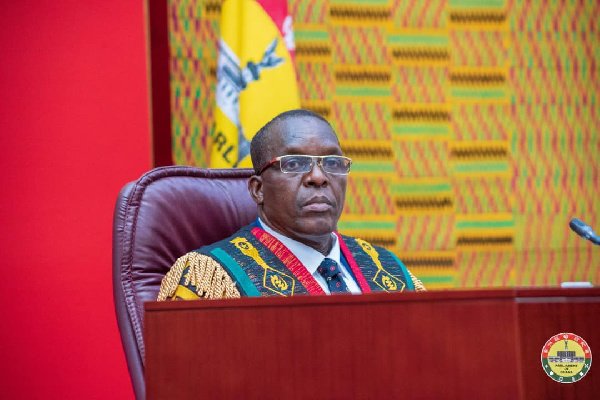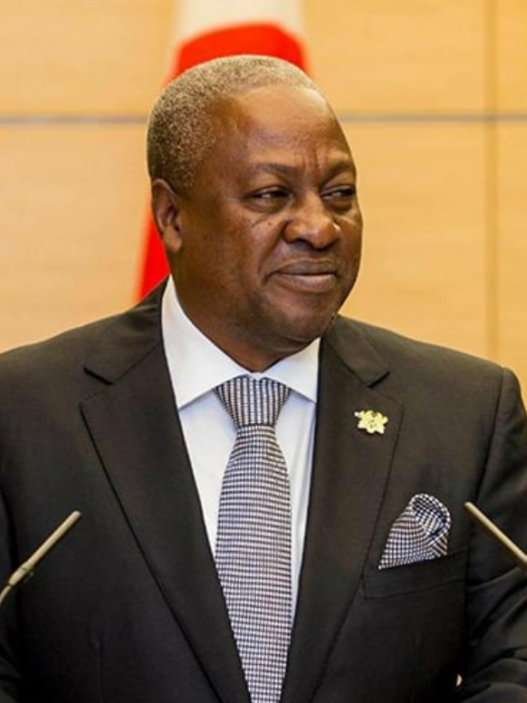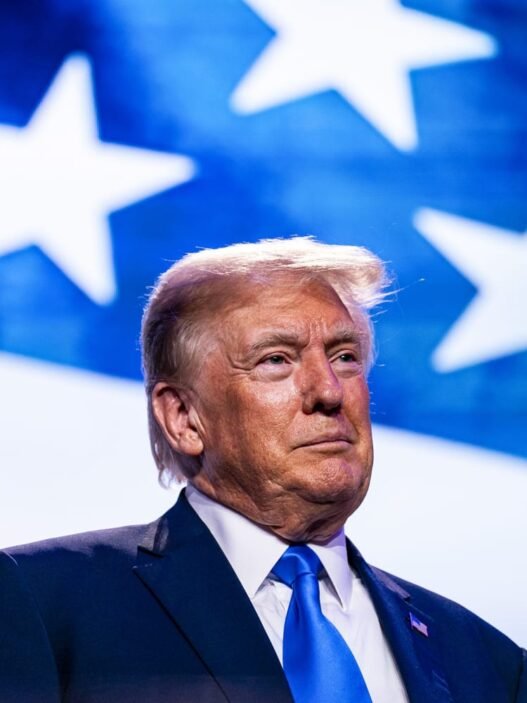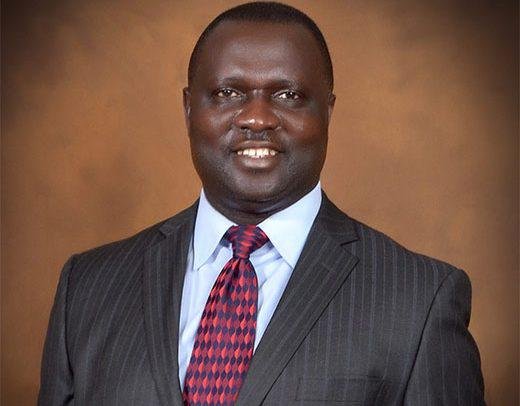The ongoing discussion about Speaker Alban Bagbin’s remarks regarding his role as a “gatekeeper” in determining which MPs-elect are sworn into Parliament has sparked significant debate. While his contributions to the 8th Parliament are widely acknowledged, the procedural realities of parliamentary transition reveal a nuanced distinction between his current mandate and what he can legally execute during the swearing-in of the next Parliament.
The Parliamentary Transition Process: Key Facts
- End of the Speaker’s Mandate
The term of the Speaker of Parliament concludes at midnight on 6th January, the day before the 7th January inauguration of the new Parliament. This marks the end of the current Speaker’s powers and responsibilities. - Election of the New Speaker
The process to elect a Speaker for the next Parliament takes place on the morning of 7th January. Only newly sworn-in Members of Parliament (MPs)—and not MPs-elect—are eligible to vote in this election. - Role of the Clerk of Parliament
The Clerk of Parliament assumes responsibility for swearing in the MPs-elect, officially transitioning them to Members of Parliament. Only after this process can the new Parliament proceed to elect a Speaker. - Speaker Bagbin’s Legal Authority
Speaker Bagbin’s authority to influence the swearing-in process is effectively non-existent at the transition point unless he is re-elected Speaker by the new Parliament. His statement about being a “gatekeeper” pertains to his current tenure and not the subsequent Parliament.
Analysis of Speaker Bagbin’s Remarks
Speaker Bagbin’s comments, while reflective of his role in safeguarding parliamentary integrity, do not align with the procedural framework governing the transition. His assertion that “not properly so-called MPs-elect are not qualified to be sworn in by me” may lead to misunderstandings about the legal boundaries of his authority.
Key Clarifications
- MPs-Elect Cannot Elect a Speaker
It is the sworn-in MPs who elect the next Speaker. Therefore, any determination about the validity of MPs-elect must precede the swearing-in process conducted by the Clerk of Parliament, not the Speaker. - Neutral Role of the Clerk
The Clerk’s role in administering the oath is purely procedural and not subject to the discretion of the outgoing Speaker or political influences. - Continuity of Parliamentary Governance
The powers of the Speaker are not carried over automatically to the next Parliament. Speaker Bagbin’s authority to act as “gatekeeper” is contingent upon his re-election by the new Parliament.
Implications for Dome Kwabenya and Speaker Election
1. Dome Kwabenya Constituency
The unresolved electoral issues in the Dome Kwabenya constituency further complicate the transition. If the Electoral Commission’s decision to rerun elections at the Abokobi Women’s Development Centre 2 polling station is executed, the final determination of the MP for Dome Kwabenya may extend beyond 7th January.
- Implication for Speaker Election:
Should Dome Kwabenya lack a sworn-in MP at the time of Speaker elections, the constituency’s representation in this critical process will be temporarily excluded.
2. Retaining Speaker Bagbin
Supporters of the National Democratic Congress (NDC) have expressed a desire for Speaker Bagbin to be retained. While his leadership has been praised, his re-election is contingent on securing the majority vote of newly sworn-in MPs.
Conclusion: Proper Order of Events
The parliamentary transition process underscores the necessity of adhering to established procedures:
- MPs-elect are sworn in by the Clerk of Parliament.
- Newly sworn-in MPs elect the Speaker for the next Parliament.
- Only the elected Speaker assumes the powers to preside over parliamentary matters, including gatekeeping responsibilities.
Speaker Bagbin’s remarks, while well-intentioned, reflect a misunderstanding of the transition timeline. The question of his re-election as Speaker remains open, but his current tenure does not extend into the swearing-in of the next Parliament.
As the country navigates these processes, it is essential to prioritize legal clarity and procedural integrity to maintain public trust in Ghana’s parliamentary democracy.









